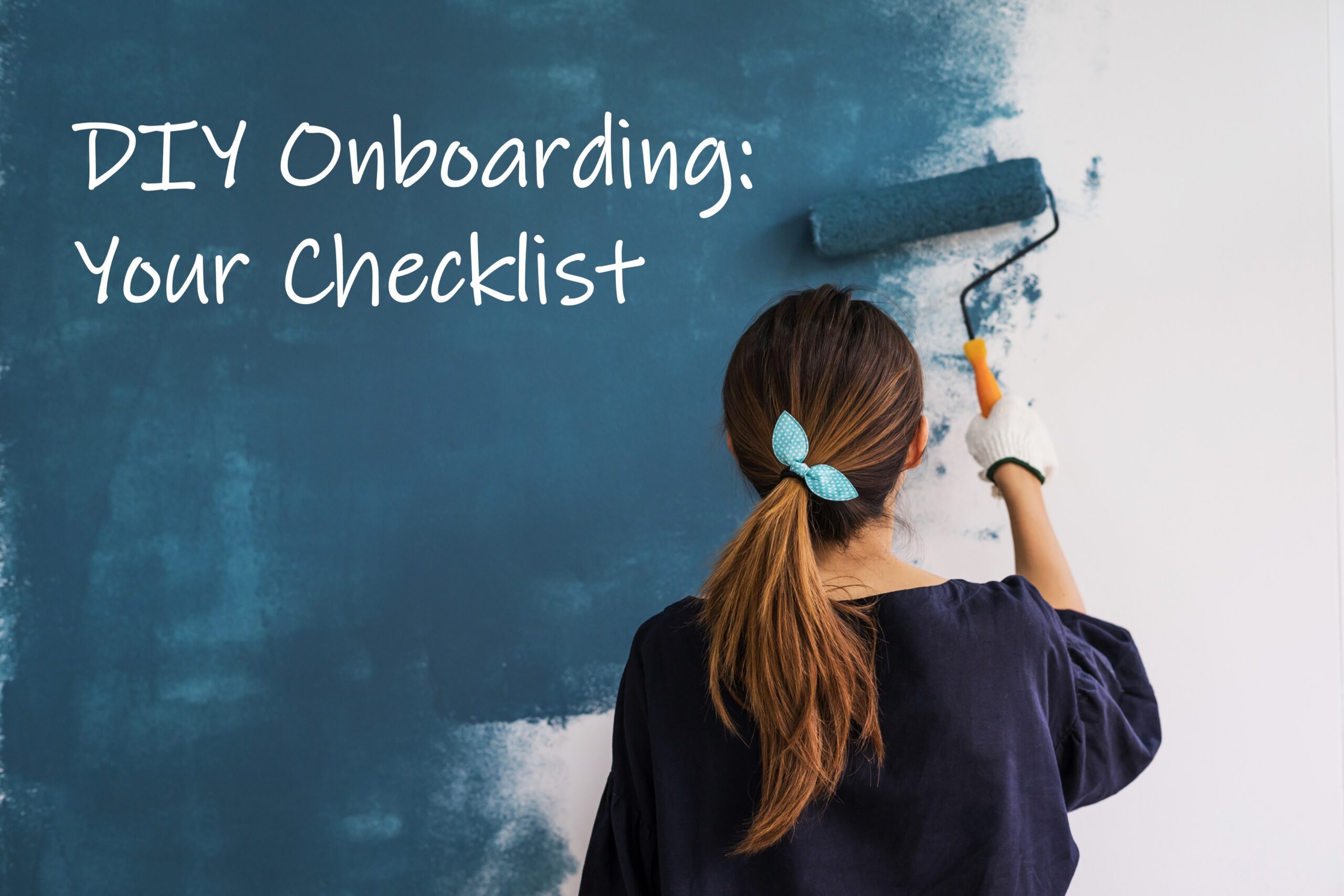
How to manage your own transition to your new job
There are plenty of articles, including our own, on how organizations can improve employee onboarding. But how can you create a great transition for yourself?
Prepare
You’re ready to start that new job in a new organization. How can you set yourself up for success?
Reflect on the behaviors and habits in your old role.
What served you well? What mistakes did you make? In other words, what advice would you give yourself about starting a new job?
Find your info gaps.
Consider that you don’t know what you don’t know. Where might you have knowledge gaps?
Identify your early support network.
As you onboard, you’ll see org charts and meet people. Who are the people you hope to rely on? Choose people based on their role (new resources) or your initial connection (new friends or mentors).
Envision your best transition.
If, six months from now, you tell a friend, “I love my new job. I’m exactly where I need to be and I’m crushing it.” What does that look like? Who do you need to be to create that? What do you need to keep/stop/start doing? Which people, information, or resources do you need to get there?
Ask
During onboarding and your first days on the job, ask these questions. You might find answers baked into your onboarding experience. If not, ask!
How do I fit in?
You’ve just jumped aboard a moving train, metaphorically. So it’s important to understand where it’s going and why you’re on board. What is the goal of your department or team? How does success depend on the person in your role? What is your boss trying to achieve and how can you help? How do your efforts fit into the big picture of the organization’s vision?
What do others need from me?
The answer will depend on who the “other” is. If you’re onboarding as a group. Your peers are transitioning too. How can you help each other succeed? Those early connections can become important relationships you’ll rely on for a long time to come.
If you’re onboarding solo, what does your new team need from you? Are they behind, because your position was unfilled? Do they hope you’ll deliver a certain skill or function to help them succeed? Again, don’t just wonder or rely on observation. Ask!
What are the unwritten rules I need to know?
Organizational culture is the set of unspoken norms that guide behavior. They are the ways people make decisions in the absence of direction. The sooner you figure those out, the easier your life will be. You’ll figure out some of it instinctively; you’ll pick up on the energy, language, and little behaviors of people around you.
But it never hurts to ask. As you make friends and mentors, get them to share the likes and dislikes of the culture. How do people like to communicate? What really pisses people off? Is it better to be right or to be supportive? Decisive or thoughtful? Do people “fail fast” or work meticulously to the right product? Do you work and succeed as a team or as individuals? How do successful people in the organization balance work and life?
The more you learn and observe, the better you’ll understand how to smooth the way forward.
Learn
You might feel overwhelmed, but think of it as growing, because it is.
Let go of the past.
Transitions – even good ones – are hard. Acknowledge that and give yourself a little grace. At the same time, develop a new vision for yourself based on what’s around you.
Ask for feedback.
Seek input from peers, supervisors, and anyone else you trust. The faster you correct course, the happier you’ll be. And remember, no one expects the new person to be perfect! If you ask for input, you’ll scramble up the learning curve as quickly as possible and look good doing it.
However you recharge your batteries off work, do that, especially now.
Transitions are draining, and you need all the mental, emotional, and physical strength you can get.
And take care of yourself at work, too.
That means setting boundaries and maintaining the habits that make you happy. Is there an 8:00 am meeting you dread? Build in time to grab your favorite drink beforehand. Do all your new extraverted teammates love group lunches? If you need that alone time at lunch, keep it. Join the group once or twice a week. Do you hate the interruption of calls or instant messages? Reply on email. That will teach people to contact you in the way you prefer.
At the end of each day, think for a few minutes.
What worked well? What didn’t go well? What can you do to make tomorrow better? If you’re a journal person, level up by keeping a log of your lessons learned.
There’s no one way to onboard perfectly, but there is a right way for you. Figure out how to prepare, what to ask, and how to learn and you might love your new work home.




